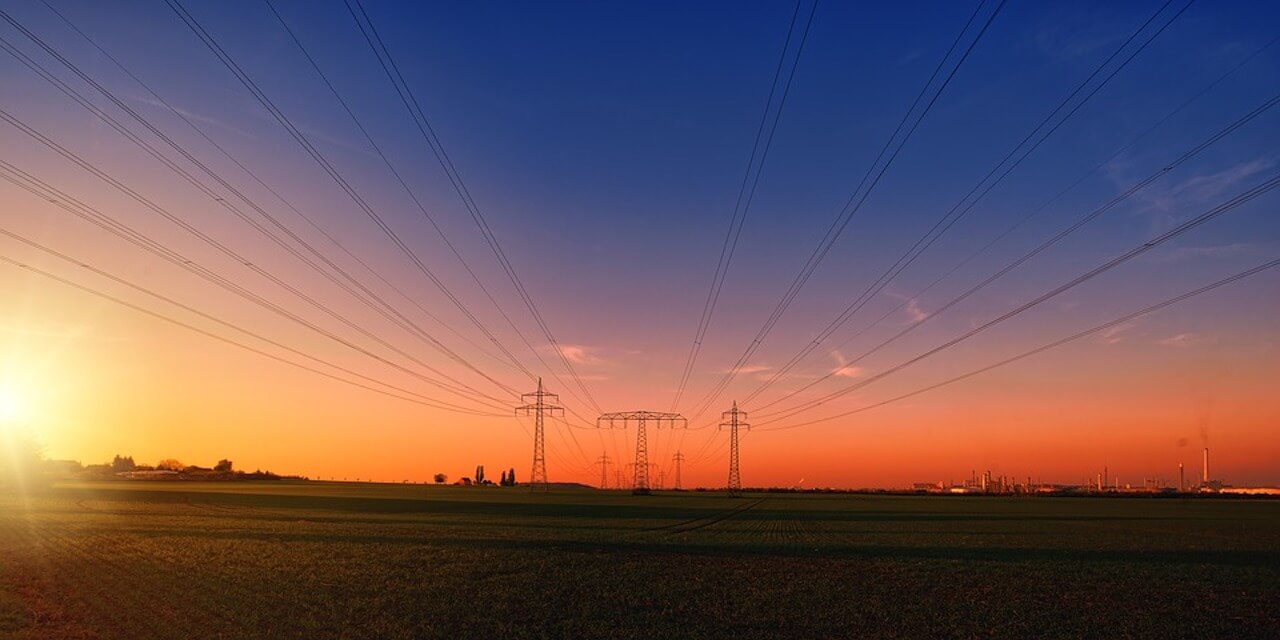

Blockchain technology can create a paradigm shift in the highly regulated electric power industry towards a more decentralised and transactional environment, according to GlobalData.
The key challenges are high operating costs, ageing grids, security, regulatory compliance and personalised customer service. Archi Dasgupta, Disruptive Tech Analyst at GlobalData, comments: “Blockchain could be the leading enabler of decentralisation, democratisation, and liberalisation in the power industry. Using smart contracts, the technology can empower bilateral settlements in real-time by eliminating midpoint delays steering to a significant reduction in the operational costs of utilities.”
Decentralisation of power through blockchain has been giving rise to trading platforms like that implemented in the Brooklyn microgrid by LO3 Energy where power can be purchased or and sold directly within a peer-to-peer (P2P) network, eliminating the need for intermediaries. This will not only lower costs of both utilities and consumers but also present network transparency.
Australia’s crypto startup Power Ledger, known for developing decentralised energy trading platforms on blockchain, launched its first commercial deployment in the US. Its distributed P2P blockchain network allows consumers and businesses to sell their surplus solar power in their neighbourhood without a middle man.
Thanks to its intrinsic characteristic of traceability, blockchain can improve the tracking of power grid failures, which has never been a simple task. The technology can be used to stabilise and modernise the grid in many ways.
European transmission system operator TenneT’s pilot with Sonnen using blockchain based on IBM’s Hyperledger framework can enable energy storage systems within the network to absorb or discharge excess power within seconds and minimise transmission gridlocks.
Smart meters made quite a buzz in the yesteryears of power for their benefits to consumers. In a centralised network, however, they have not offered desired results, leaving them eager to experiment with their data on a decentralised network like blockchain. Lithuanian startup, WePower, has been working around the same in partnership with Estonia’s transmission system operator Elering. It managed to upload 26,000 hours and 24TWh of energy production and consumption data from the smart meters of Estonia on to the Ethereum blockchain, which led to the creation of 39 billion smart energy tokens that are tradable.
P2P energy networks are able to create a decentralised marketplace connecting electric vehicle (EV) drivers and charging station owners for mutual benefits. German startup Motionwerk has launched a blockchain-based P2P energy sharing project Share&Charge, which enables users to share their private electric charging stations for money.
This space is, however, still largely dominated by proof-of-concept projects and small-scale production deployments. Its mass-scale commercial adoption is three to five years away as there are several challenges to be addressed including deployment costs, the requirement of power to run the setup, and more importantly, the need to develop common standards and regulations.
“Electric utilities are similar to banks in the way they are centralised and highly regulated, hence it is crucial to creating an ideal set up for the implementation of transformative technologies such as blockchain,” Dasgupta concludes.
Denver, Colorado, 24th February 2025, Chainwire
Denver, Colorado, 20th February 2025, Chainwire
Washington, D.C., 18th February 2025, Chainwire
Dubai, UAE, 27th January 2025, Chainwire
Those who enter the market at this time may be surprised to hear that Bitcoin…
George Town, Grand Cayman, 22nd November 2024, Chainwire